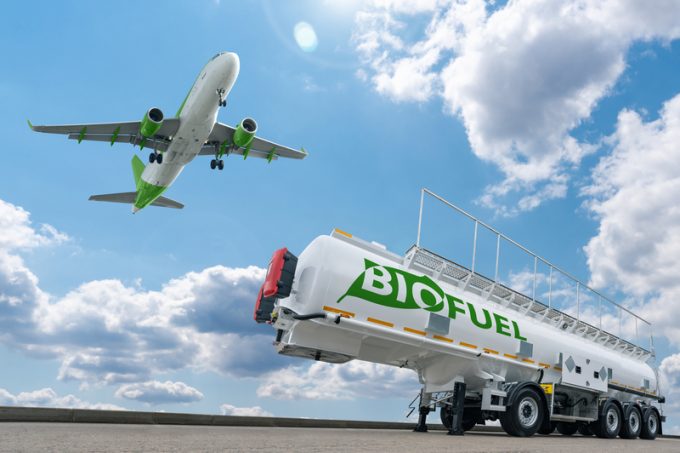Challenge: an 'integrator of complex cargo' with pick 'n' mix services
Forwarders wanting to offer customers complex verticals don’t need to invest in expertise themselves, just ...

Airlines will be awaiting the outcome of Cop28 with interest after news that the EU will be arguing for a tax on aviation fuel.
The new EU climate commissioner, Wopke Hoekstra, told journalists a levy would generate a “substantial amount of money”, even with just “a relatively small sum” charged per flight, reports the UK FT.
Kerosene is tax-exempt and several countries have suggested a levy on flying to finance climate action; Mr Hoekstra said he wanted to discuss and test the plan at Cop28.
One key issue at Cop28 is finding funds to pay for loss and damage related to global warming. The International Energy Agency believes $4.5tn will be needed each year for clean energy alone by the early 2030s, up from $1.8tn currently.
And airlines are unlikely to be surprised by plans for a levy.
“The only way for regulators or governments to take action is by putting restrictions on the industry through slot allocation or taxes,” said Yossi Shoukroun, CEO of Challenge Group.
“Everybody speaks about sustainability – good, nice words – but there is nothing new; the real problems are not taken seriously. And in this industry I don’t see an alternative, like you have with electric cars.
“That means we will have to rely on sustainable aviation fuel (SAF), and someone needs to take action here.”
Mr Shoukroun explained that the problem was not solely the lack of availability of SAF, but whether it is, in fact, sustainable. he said: “Everybody speaks about SAF, but nobody really understands it.
“What is SAF, how much do we need and who is going to invest in it? It’s a huge amount of investment, and none of the SAF production is green-certified. We need to understand its lifecycle. Otherwise you can be accused of greenwashing.
“Governments need to take action and start to encourage investment in it, and production, and to certify it is green through its lifecycle – the production, the energy used to make it. You can’t necessarily rely on solar or wind for its production.
“These kinds of things need to be tackled as early as possible.”
Whether that will happen at Cop28 is still up for debate.
The Loadstar’s coverage of COP28 is sponsored by EVERGREEN LINE: leading the development of a sustainable global container transportation system
To find out more about EVERGREEN LINE’s sustainability strategy please click HERE

Comment on this article